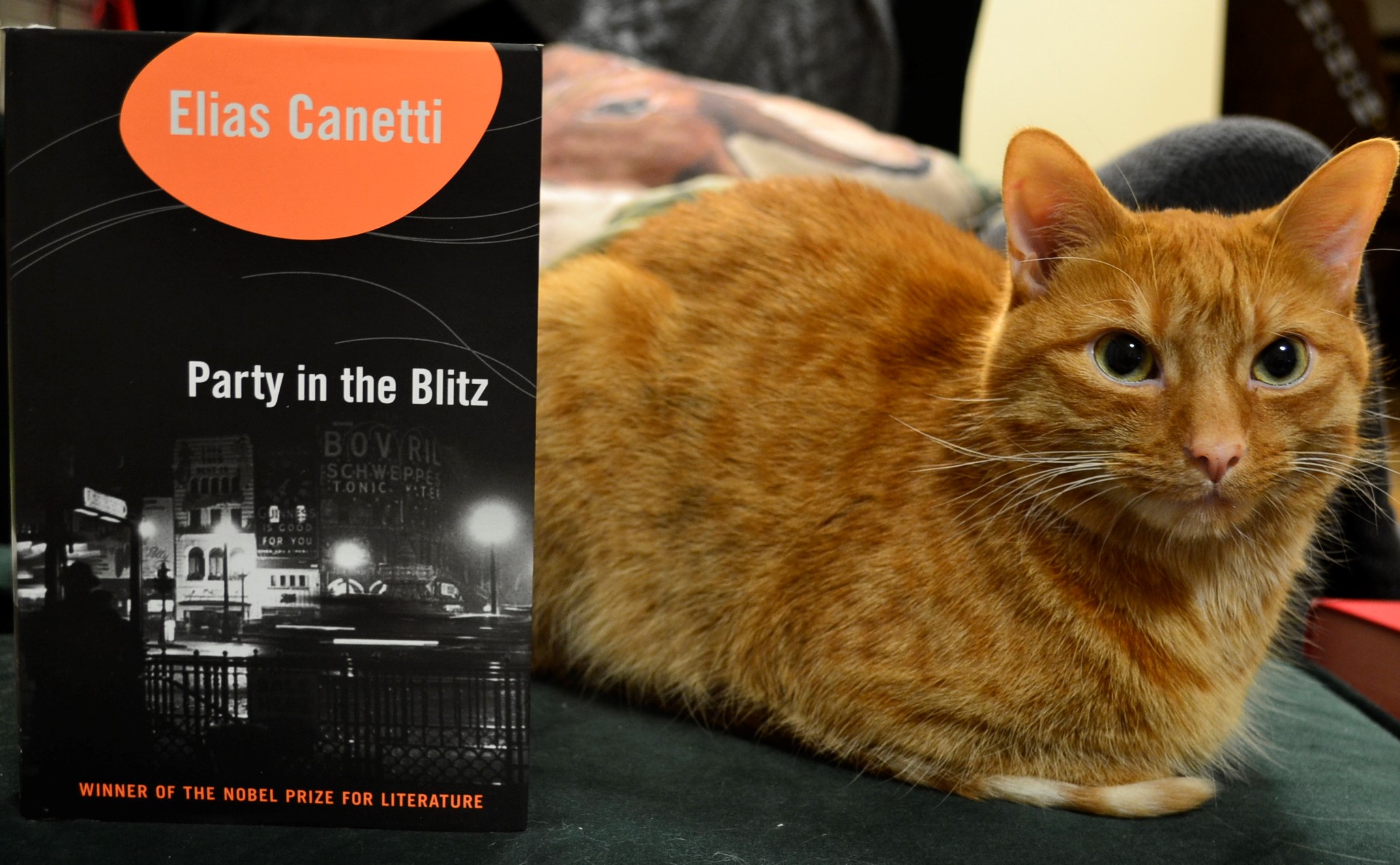Just Because I’m Not in an Office, Doesn’t Mean I’m Not Busy
After March of last year, it became starkly obvious how much freelance work and workflow is misunderstood. Many people were suddenly working from home for the first time and experiencing the steep learning curve and realities of it that my lovely spouse and I tackled nearly a decade ago.
Despite the fact that there were so many people that embraced working from home or at least had a new understanding of it — I was sad to see that we still had to deal with some of the same biases that were around when we started the freelance editing business. There are people that don’t understand that we work hours that are outside the usual nine to five or that part of our week goes to the business of looking after the administrative tasks of the business.
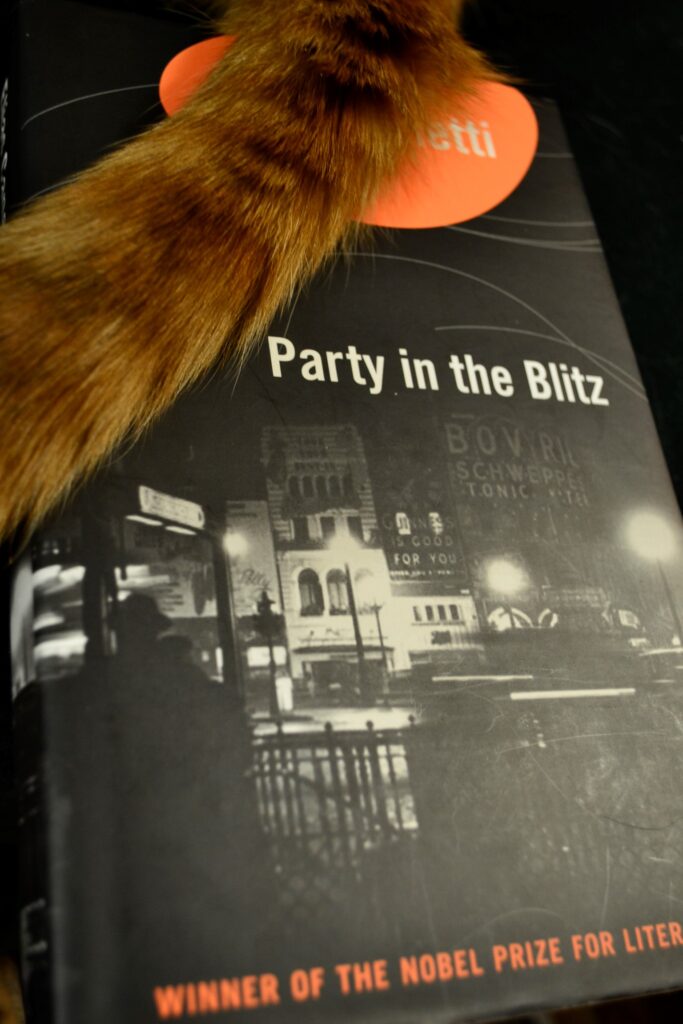
But, in my general experience, there is still a rather sizable amount of the population that doesn’t quite grasp what it’s like to work in the arts in general. It’s hard to explain what it’s like to stay up late at night writing words that seem to pour out of you, only to hate them in the morning. Or how excited you can be over getting published even when it doesn’t bring you any money. The rewards of a life in the arts aren’t always financial — especially when you’re just starting out. The hours are long. There’s a lot of uncertainty. But if you love art, you just can’t let go.
When History Happens
Elias Canetti’s Party in the Blitz (Party im Blitz; Die englischen Jahre) is a book about Canetti’s life in England during the Blitz as well as partially about the rest of his time in the country and his reflections on English life in general. Coming to England from Austria in 1938, Canetti was a writer of works banned by the Nazi regime that were later reprinted in the 1960s — winning the Nobel Prize for Literature in 1981. Canetti spent most of his time in England around other writers, artists, and scientists, a smattering of which he talks about in Party in the Blitz.
Canetti’s prose is incisive and sharp. His statements are blunt, but at the same time he has a knack for creating an atmosphere that makes one want to keep reading. It’s as if he’s at your elbow, telling you a series of stories and recollections. One memory leads to another and then on to another and peppered throughout are related stories and memories and observations that he interjects with at just the right moment.
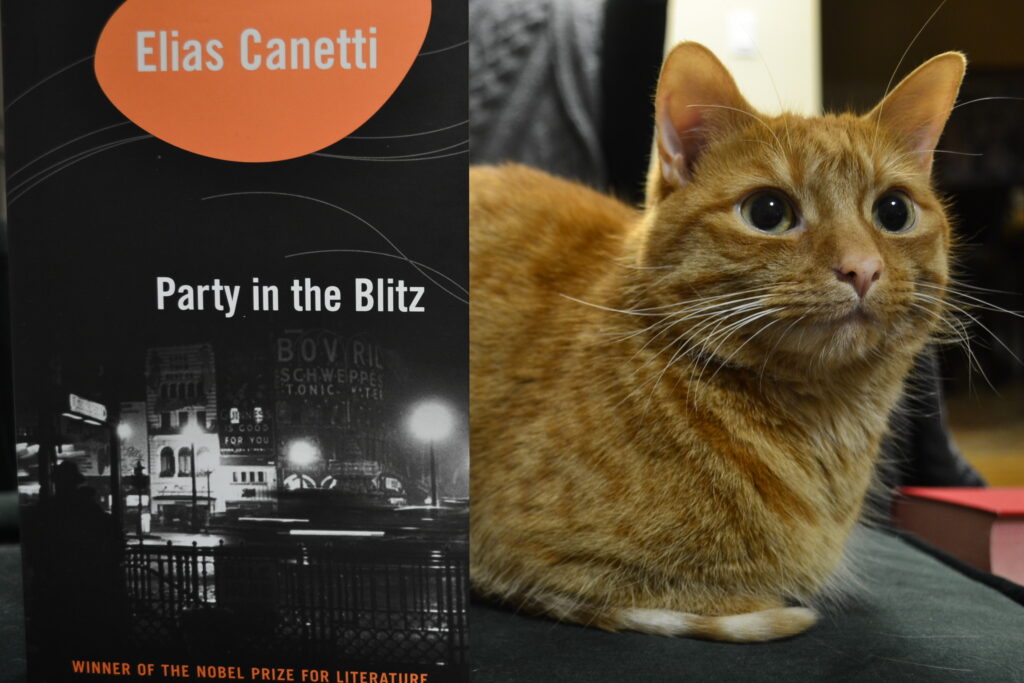
There’s a sense in Party in the Blitz that Canetti was present at a time and place where history was happening, even if it wasn’t happening directly to him. Like he was trapped by a moment that he knew would be significant in posterity even if at the time he and everyone around him was struggling with trying to find a new normalcy or equilibrium in the face of the war. Considering what has happened in the world in the last year, Party in the Blitz seems particularly relevant. I think we all know that we’re living in a time that will be a significant moment in history for so many reasons and Canetti captures a similar feeling blossoming during this period of English life.
The Role of Opinion
Canetti is not one to mince words, and he has a lot of very strong opinions mixed in with a rather large ego. He thinks a lot of himself and his own work and as such, he makes for an unreliable narrator. I would warn that his stories cannot be taken to be factual and there are several that are clearly tainted by his own prejudices, horrible behaviour, pettiness, professional jealousy, and favourable opinion of himself.
Party in the Blitz wasn’t even publishable until after the death of Iris Murdoch, because a slander suit would have ensued had she still been living — as one of many examples.
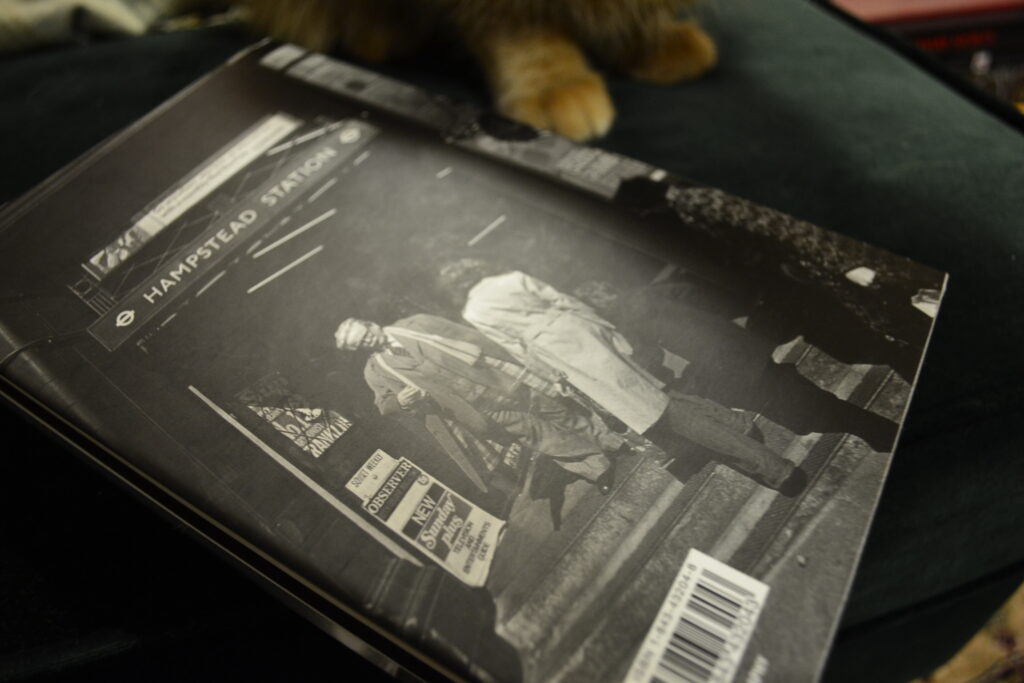
So, while I think that some aspects of Canetti’s prose and his memories of England are of note to scholars of literature, I would also say that one should not read Canetti’s work without reading the other side of his many stories and knowing that his word should not be taken as anything near the truth.
Parties in the Blitz
This is a book that primarily about people and about parties. Canetti spends a lot of time complaining about going to parties and the structure of the parties he went to while he was in England. His descriptions of them are at once acidic and amusing, however, his disdain for ‘English parties’ can also be seen as an extensive critique of English society at this moment in history.
Canetti frequently complains that these parties are not designed to actually properly acquaint people with one another, which I find funny because Canetti seems to hate nearly everything and everyone he meets.
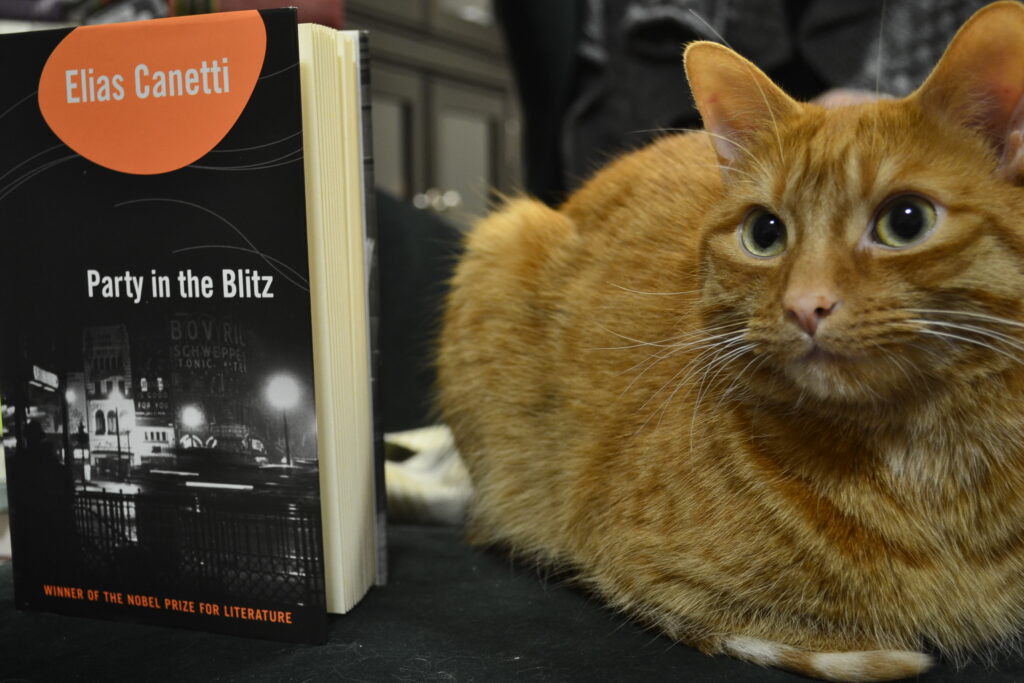
The tongue-in-cheek observations are funny as well, but again, one must take them with not only a grain but an entire box of salt.
A Note
Party in the Blitz is a memoir that is constructed from several collections of notes and, as such, it does not necessarily follow a very linear structure. It’s easier to read it as a series of short narratives that are interrelated than trying to sort out what happened at which time.
More Work Ahead
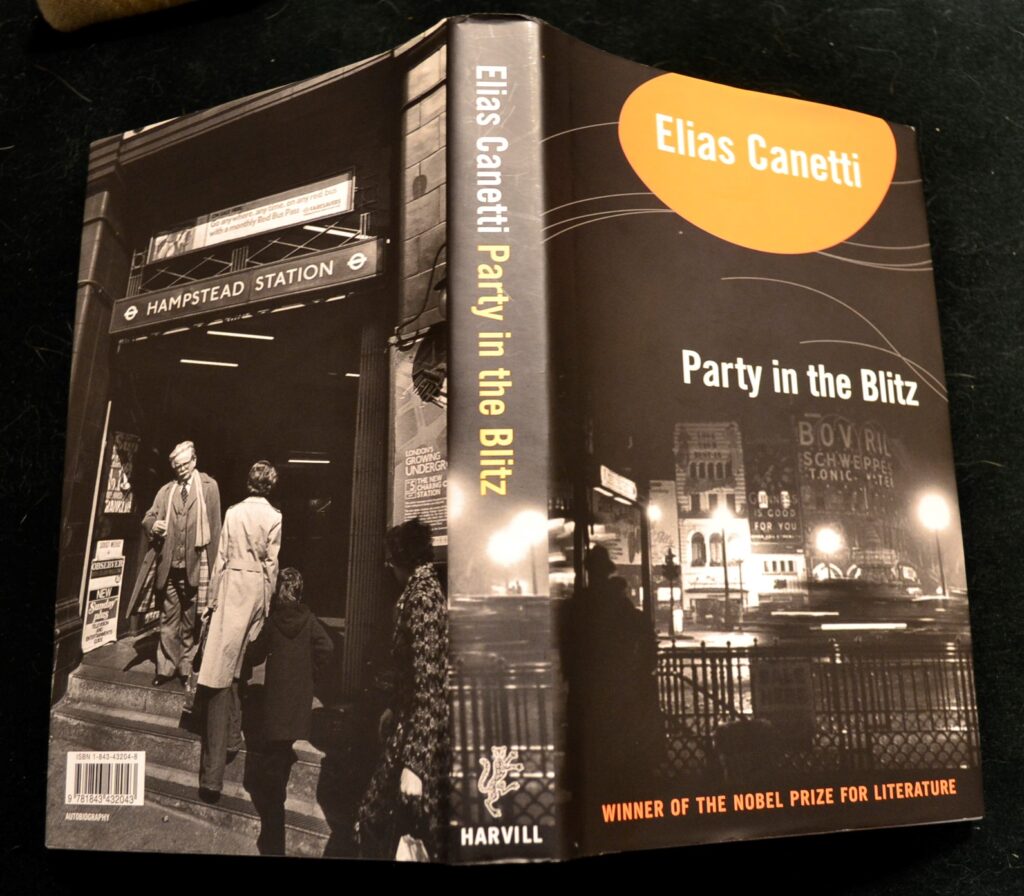
So after writing about all of the work we had last week, we somehow managed to get even more work. It’s going to be a busy month with that combined with a few medical appointments. I’m hoping that we manage to get some time to breathe. The spring is always a particularly daunting time when it comes to keeping the business organized. Tax documents have to be gathered and we always use that as an opportunity to talk about goals for the year ahead and what expenses will look like.
So concludes the first week of autobiography in literature on Old Paper & Cats. Next, I’ll be taking a look at F. Scott Fitzgerald’s semi-autobiographical novel The Beautiful and Damned.
